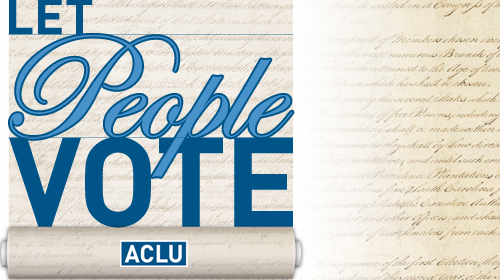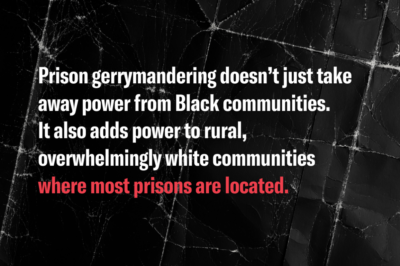
Even though we pride ourselves as a beacon of democracy around the world, a recent Pew Report revealed that we are falling far short of our ideals. We are one of the few democratic nations in the world that imposes on voters the burden of registration. This has significant costs, both in real dollars and to our democracy. In this modern age, our registration system is almost entirely paper-based. When this is coupled with the requirement that voters re-register each time they move in our highly mobile world, it is hardly shocking that nearly a quarter of eligible voters remain unregistered and that this burden falls disproportionately on the mobile, young, low-income, and those serving in our nation’s armed services. The study’s findings are especially dismaying in light of the sustained attack on our fundamental right to vote, which willfully ignores the real problems plaguing our system of elections.
Not too long ago, a rebellious, renegade body known as the United States Congress declared, “The right of citizens of the United States to vote is a fundamental right; It is the duty of the Federal, State, and local governments to promote the exercise of that right; and Discriminatory and unfair registration laws and procedures can have a direct and damaging effect on voter participation in elections for Federal office and disproportionately harm voter participation by various groups, including racial minorities.”
By enacting the National Voter Registration Act (NVRA, more commonly known as the “motor voter” law) in 1993, Congress sought to increase registration opportunities—by making registration more convenient to voters. This law was a true breakthrough: Not only would the government now serve voters’ needs, the law required public assistance agencies and those serving the disabled to offer comprehensive voter registration registration opportunities.
The proposal to expand registration opportunities to low-income and marginalized Americans was hotly contested. Opponents argued that this was a mere partisan conspiracy designed to increase turnout for one party and that opening up public assistance and disability assistance agencies to voter registration would invite fraud.
In response to this suspicion and fear mongering, the late Senator Paul Wellstone of Minnesota implored for extending the government’s reach to the underserved, stating, “The only conspiracy to this particular bill is a conspiracy of political participation: the conspiracy of voter registration; the conspiracy of voter turnout; the conspiracy of expanding democracy; the conspiracy of encouraging and enabling people to participate in the political process in America.”
Nonetheless, state governments continue to defy this critical law. In response, the ACLU, along with its partners, recently sued the State of Georgia for denying lower-income and disabled voters the opportunity to participate in our democracy. We will continue our fight in states like Senator Wellstone’s own Minnesota, where legislators are contemplating a constitutional amendment to require voter ID, and in South Carolina, which may severely restrict voter registration drives by burdening them with unnecessary restrictions and fines.
Take action and help us stop these misguided laws. Join us in our conspiracy to preserve democracy.
Learn more about voter suppression: Sign up for breaking news alerts, follow us on Twitter, and like us on Facebook.



